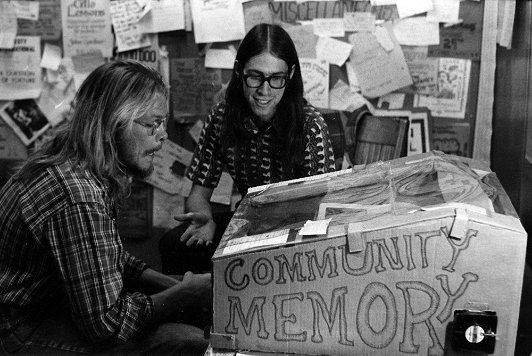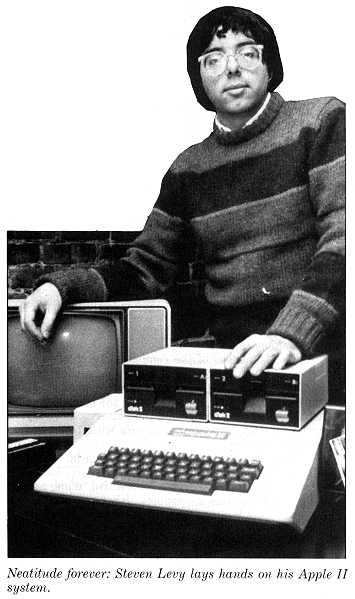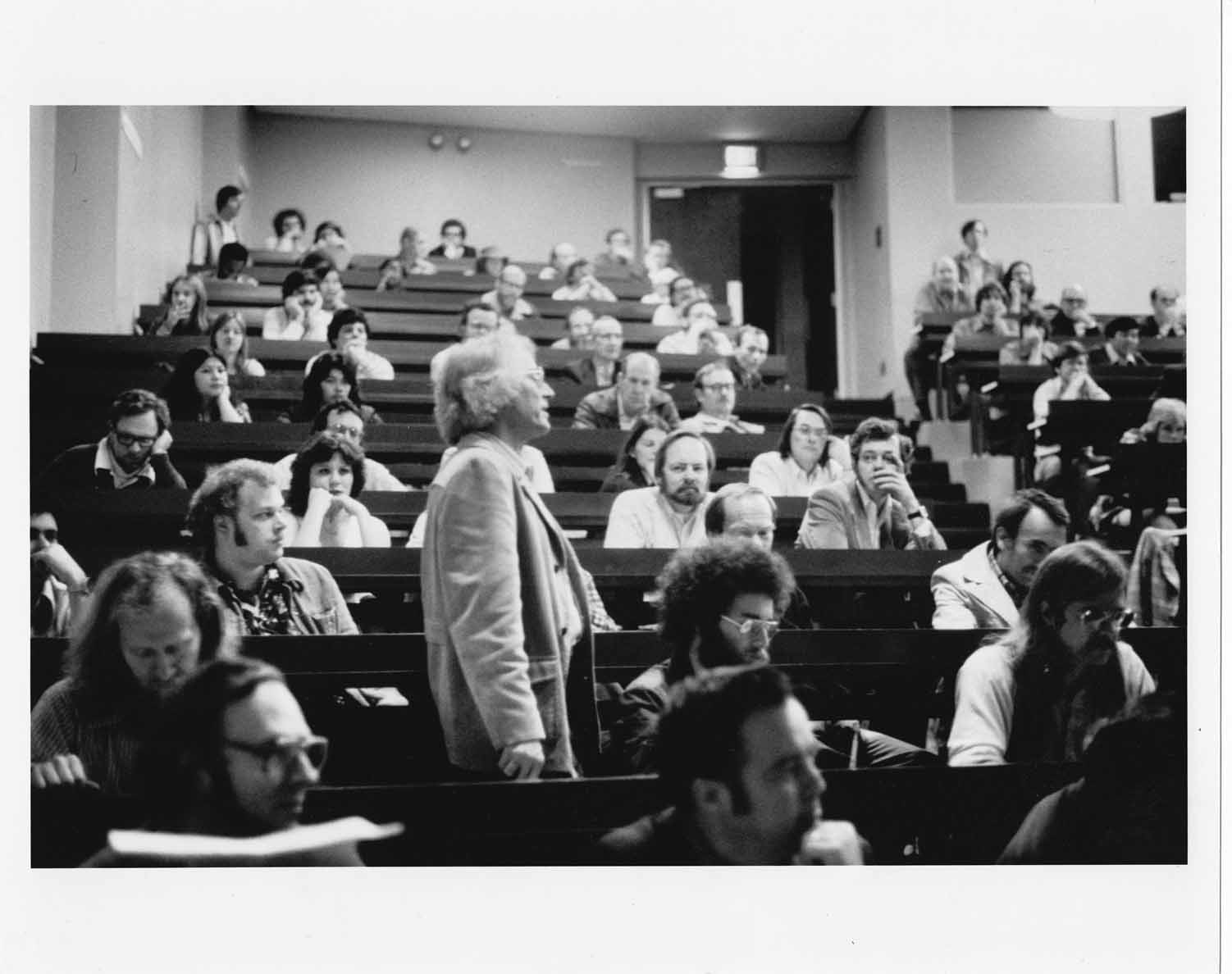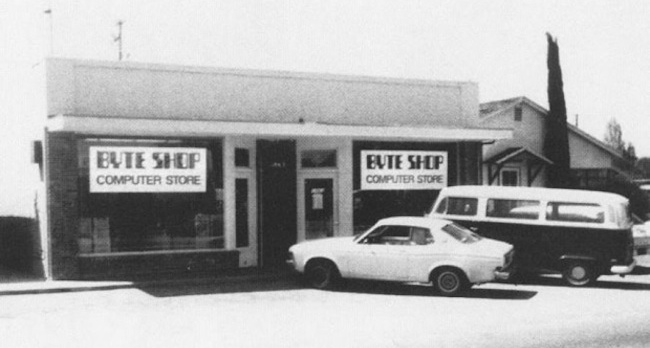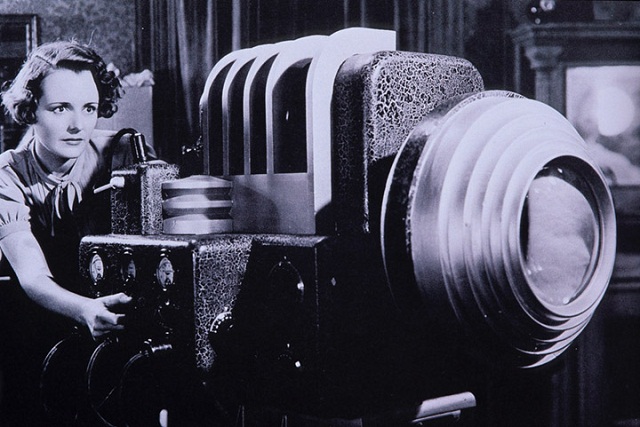Because things aren’t murky enough, Oliver Stone is bringing his paranoid onslaught of fact and fiction to the topic of Edward Snowden, a mixed bag to begin with. Our default mode should be supporting whistleblowers, but this guy doesn’t make it easy. He told us what was fairly obvious in the age of the Patriot Act, and the information won’t really change much (though Snowden can’t be blamed for that). In this time, Americans are more afraid of terrorism than they are of losing liberties, wanting a brother to take care of them even if it’s Big Brother. It never was a lack of knowledge that allowed surveillance to take hold but a lack of will. Beyond that, government spying will likely end up being the least of the problem, with corporations and rogue groups and individuals far more of a threat.
In “The Hacking of Hollywood,” a very wonderful Backchannel piece, David Kushner writes of an ironic twist: The auteur is trying to prevent his film about the leaker from being leaked. The article retreats to the 2004 origin story of interlopers entering the Dream Factory, making its way forward to the Fappening, a dark weekend that was revealing in more ways than one. Kushner stresses that no great technical skills are usually required for such breaches. The opening:
It’s a cold day in Munich, and Oliver Stone, Hollywood’s most notorious director, is staring down the world’s most notorious hacker, Edward Snowden — or, at least, the actor who’s portraying him, Joseph Gordon-Levitt. Stone’s here filming his controversial biopic of Snowden. The film, which will be released in spring 2016, traces the whistleblower’s rise from lowly army enlistee to the National Security Agency contractor who exposed the U.S. government’s classified surveillance program.
But Stone isn’t just concerned about capturing the saga behind Snowden’s incredible leaks. He wants to make sure that no hacker comes after his film and leaks its secrets before the movie’s release. “It’s a major concern for every filmmaker,” he tells me, during a break from shooting. And it’s one that’s even more pronounced with a movie that promises to reveal more about Snowden than the world yet knows. “If you can hack his story,” Stone says with caution, “it would be a big prize.” In a way, Stone is making a meta-movie that no one has seen before, building a firewall around a film whose subject is an icon of bad infosec.
This explains the stealthy guy with the Fu Manchu beard milling around the set. He’s Ralph Echemendia, Hollywood’s go-to digital bodyguard, a reformed hacker from the dark side who now helps filmmakers, celebrities, and moguls keep their valuable data secure. It’s a challenge that’s only compounding as Hollywood — like the rest of the world — moves more and more of its content and communications online. “The concern is a lack of control,” Echemendia tells me.
Stone says such precautions, while new, are “the wave of the future.”•


